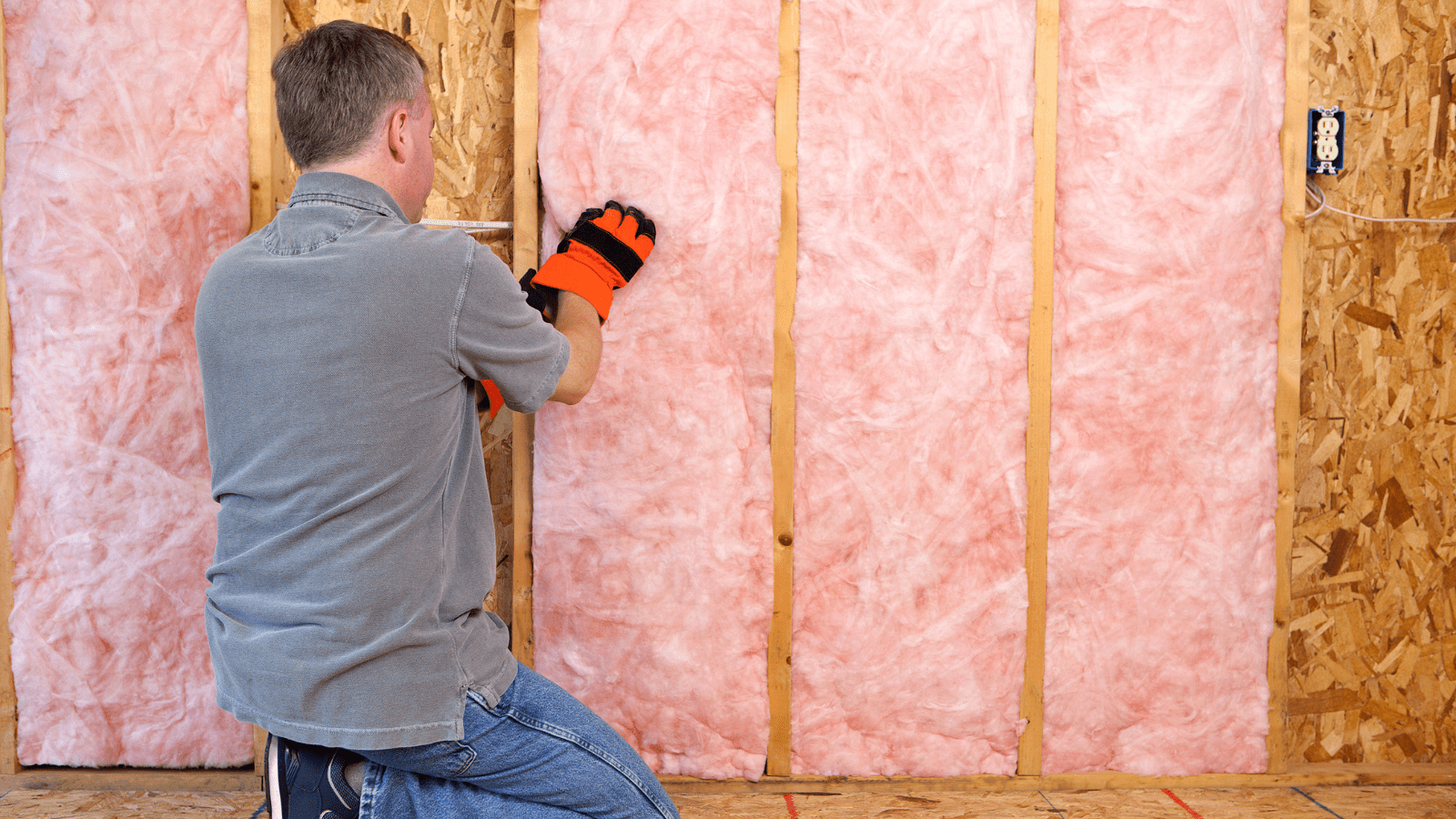With the rising popularity of heat pumps, many Massachusetts residents have considered this heating and cooling option for their home or business. However, there is some outdated thinking regarding the use of heat pumps in New England. While heat pumps used to be recommended only for more mild climates, technological advances in the past few decades have led to cold climate air sourced heat pumps that provide efficient heating and cooling for New England residents.
What Is a Heat Pump?
During the hot summer months, heat pumps remove heat from the air inside to cool your home and during the cooler months, they pull heat from the outdoor air and transfer it indoors. Heat pumps are powered by electricity and transfer heat using refrigerant. Because heat pumps do not burn fossil fuels, like furnaces do, they are considered more environmentally friendly. Today’s high-efficiency heat pumps also dehumidify better than standard central air conditioners which results in lower energy consumption and more comfortable conditions during the warmer, typically humid months.
Why Choose a Heat Pump?
- Options (Heat pumps come in four different options: ducted air source heat pumps (the most common type), ductless heat pumps, geothermal heat pumps, and absorption heat pumps)
- Rebates (Up to $15,000 of savings in Massachusetts)
- Higher Efficiency: According to energy.gov, heat pumps can reduce your electricity use for heating by about 50% compared to electric heating such as furnaces and baseboard heaters.
- Provides heating and cooling
- Fewer Repairs and Hidden Costs
- Safety: heat pumps are considered safer than gas or oil furnaces since there is no danger from oil, natural gas or propane byproducts.
- Lower Carbon Emissions
Factors to Consider
- Sizing: The size heat pump you need depends on a number of factors, including: the size and layout of your home, the insulation in your home and your energy needs. It is important to have a professional help you with this to avoid installing an under or oversized system.
- Higher Upfront Costs: While you will most likely save money in the long-run (and there are currently high rebate incentives), the upfront cost of a heat pump installation can be daunting compared with other heating and cooling systems.
- Specific units can be challenging to install: depending on your home’s set-up and current layout (ductwork, insulation, etc.) some systems can be more challenging to plan and install.
- Make sure your home is properly insulated: Even if you invest in a high-efficient HVAC system, if your home is insufficiently insulated it can leak up to 20% of its energy.
If you are considering a heat pump system for your home or commercial space, have one of our licensed HVAC professionals evaluate your set-up for the most cost and energy-efficient options. Get an estimate now on our website!
We hope you found this article helpful and look forward to continuing to ensure your comfort and safety. Thank you for choosing CPS Heating and Cooling.
If you are in need of more information or would like to schedule your consultation, you can reach us at (508) 501-8848 or fill out this form.


